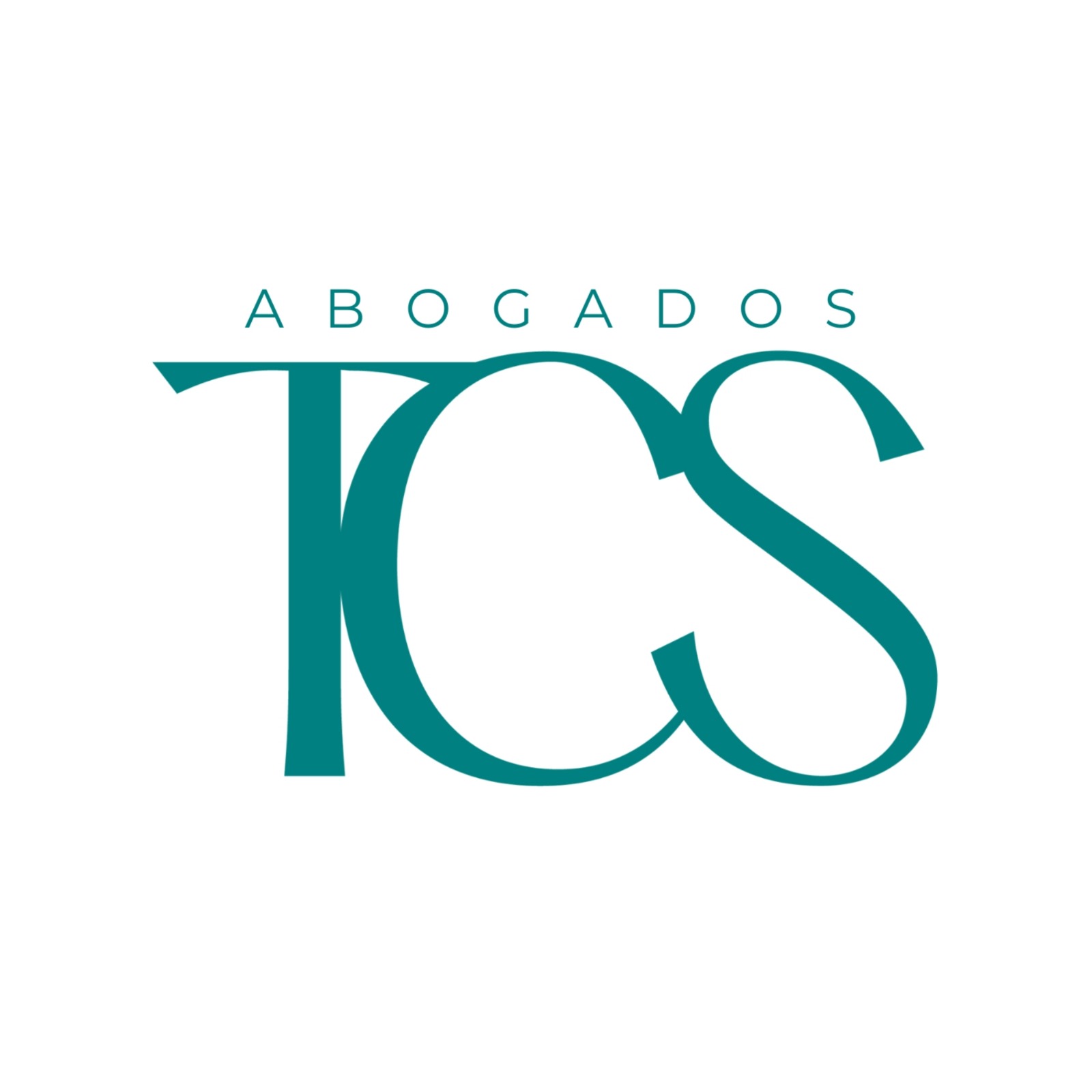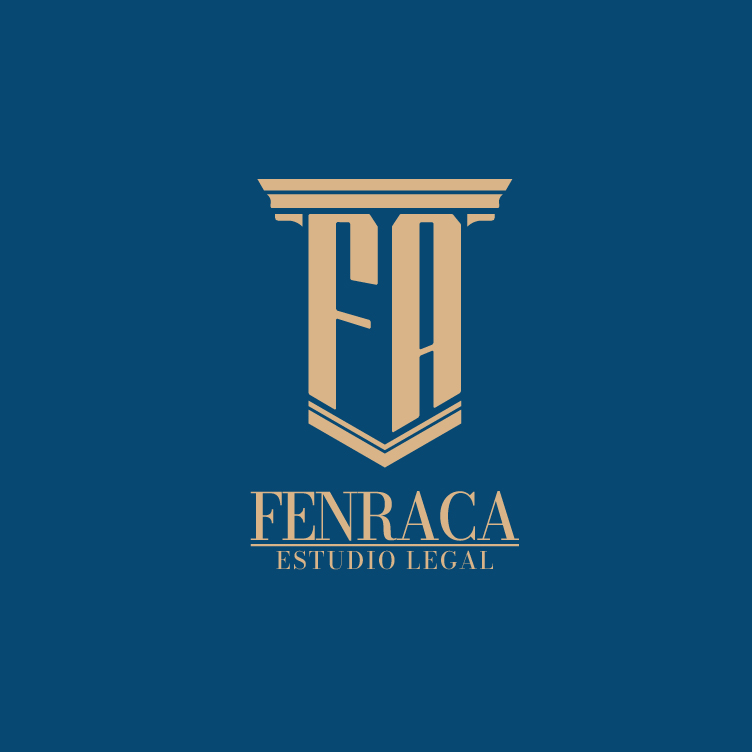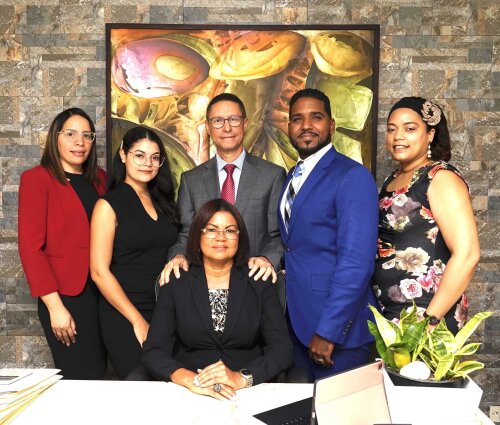Best Child Abuse Lawyers in Dominican Republic
Share your needs with us, get contacted by law firms.
Free. Takes 2 min.
Free Guide to Hiring a Family Lawyer
Or refine your search by selecting a city:
List of the best lawyers in Dominican Republic
About Child Abuse Law in Dominican Republic
Child abuse in the Dominican Republic is a serious issue that has garnered increasing attention from both local authorities and international organizations. The country has taken substantial steps to address this problem through legislative reforms and public awareness campaigns. The legal framework primarily revolves around the comprehensive protection of children and adolescents as mandated by the country's adoption of international conventions such as the United Nations Convention on the Rights of the Child. Efforts have been geared towards not only punishing perpetrators but also providing comprehensive support and protection to victims.
Why You May Need a Lawyer
Child abuse cases are complex and sensitive, often requiring legal intervention to ensure the rights of the child are protected. Here are common situations where legal assistance may be necessary:
- Reporting suspected child abuse when there is a lack of clarity on procedures.
- Navigating the legal system if a child is involved in abuse claims, whether as a victim or in custody disputes.
- Dealing with cases involving sexual abuse, neglect, physical abuse, or emotional mistreatment.
- Pursuing legal action for misconduct by organizations responsible for the welfare and protection of children.
- Seeking protective measures or restraining orders against alleged abusers.
Local Laws Overview
The Dominican Republic's legal system provides a structured framework for dealing with child abuse. Key aspects include:
- Law No. 136-03: Also known as the Code for the Protection of Children and Adolescents, it outlines the rights of children and the corresponding duties of both the government and society to protect them.
- Penal Code: This code includes severe penalties for crimes against children, including physical, sexual, and emotional abuse.
- Family Court System: Dedicated family courts handle cases related to child welfare, providing a specialized approach to child protection matters.
- Specialized Agencies: The country has established specific agencies like the National Council for Children and Adolescents (CONANI) to oversee child protection policies and interventions.
Frequently Asked Questions
1. What constitutes child abuse under Dominican law?
Child abuse includes any form of physical, emotional, or sexual harm to a child, neglect, exploitation, or abandonment.
2. How do I report suspected child abuse?
Reports can be made to the police, CONANI, or any child protection agency. Anonymity and confidentiality are usually maintained.
3. What should I do if I suspect a child is being abused?
Contact local authorities or child protection services immediately. Do not confront the suspected abuser directly.
4. What are the penalties for child abuse in the Dominican Republic?
Penalties can range from fines to significant prison sentences, depending on the severity and nature of the abuse.
5. Are there support services available for victims?
Yes, there are various governmental and non-governmental organizations offering legal, emotional, and medical support to victims.
6. Can a non-citizen access child protection services in the Dominican Republic?
Yes, child protection laws apply to all children within the country, regardless of nationality.
7. How can I ensure the safety of a child in a custody dispute involving abuse claims?
Seek legal advice to understand and pursue protective measures such as temporary restraining orders or modified custody arrangements.
8. Is there a legal obligation to report suspicion of child abuse?
Yes, both citizens and professionals who suspect child abuse are legally obligated to report it to authorities.
9. How are child abuse investigations conducted?
Investigations typically involve a multidisciplinary approach, including law enforcement, social services, and medical professionals.
10. What rights do abused children have under Dominican law?
Children have the right to safety, protection from harm, legal representation, and access to necessary support services.
Additional Resources
For those seeking legal advice or support regarding child abuse in the Dominican Republic, the following resources can be greatly beneficial:
- National Council for Children and Adolescents (CONANI): Offers comprehensive support and advocacy for children’s rights.
- Ministry of Women: Provides resources and support for victims of domestic violence and abuse.
- Local NGOs: Numerous non-governmental organizations offer counseling, legal advice, and support services to affected families.
- UNICEF Dominican Republic: Offers guidance and resources related to child welfare and protection.
Next Steps
If you or someone you know needs legal assistance in matters of child abuse in the Dominican Republic, consider taking the following steps:
- Contact a local lawyer who specializes in family law or child protection for a consultation.
- Gather any evidence or documentation related to the case to present during legal consultations.
- Reach out to child protection agencies for support and guidance on available resources and procedures.
- Consider speaking to a counselor or psychologist for emotional support if you or the child are directly affected.
Taking timely action is crucial in ensuring the safety and well-being of a child involved in an abuse case.
Lawzana helps you find the best lawyers and law firms in Dominican Republic through a curated and pre-screened list of qualified legal professionals. Our platform offers rankings and detailed profiles of attorneys and law firms, allowing you to compare based on practice areas, including Child Abuse, experience, and client feedback.
Each profile includes a description of the firm's areas of practice, client reviews, team members and partners, year of establishment, spoken languages, office locations, contact information, social media presence, and any published articles or resources. Most firms on our platform speak English and are experienced in both local and international legal matters.
Get a quote from top-rated law firms in Dominican Republic — quickly, securely, and without unnecessary hassle.
Disclaimer:
The information provided on this page is for general informational purposes only and does not constitute legal advice. While we strive to ensure the accuracy and relevance of the content, legal information may change over time, and interpretations of the law can vary. You should always consult with a qualified legal professional for advice specific to your situation.
We disclaim all liability for actions taken or not taken based on the content of this page. If you believe any information is incorrect or outdated, please contact us, and we will review and update it where appropriate.
Browse child abuse law firms by city in Dominican Republic
Refine your search by selecting a city.
















